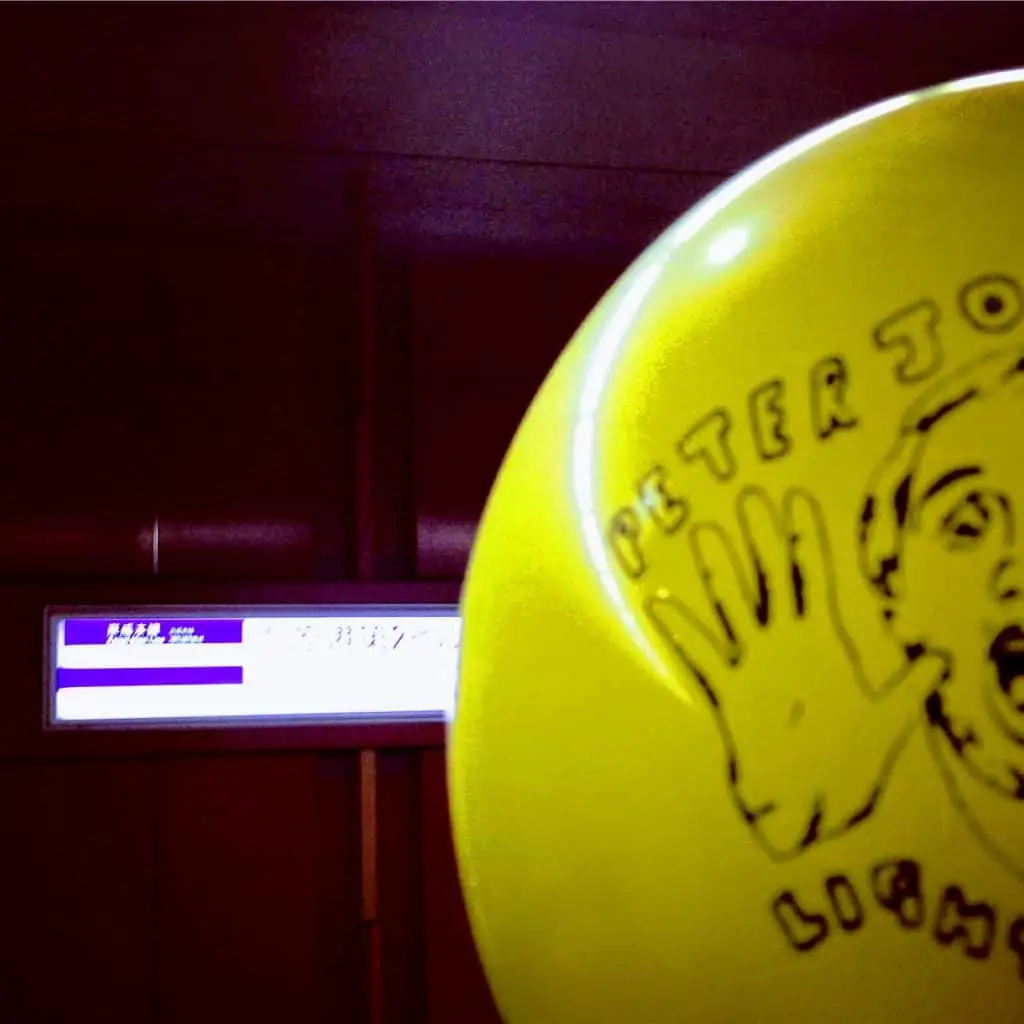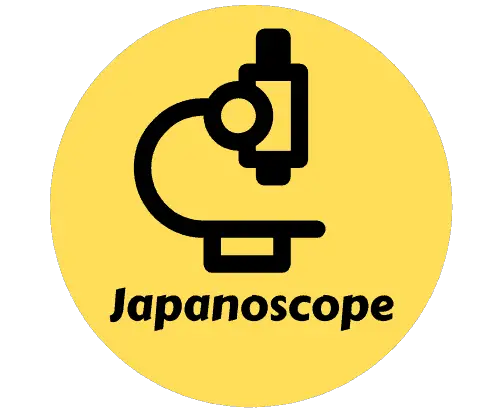Thoughts on arriving in Japan, Japanese phones and the evolution of language

Narita
Arrived Japan, Narita International, disheveled, sweaty and totally devoid of decorum. In a traveler’s sweat, let’s say.
For a country renowned for its meticulousness, you slide in pretty easy. Barely a bag check or a suspicious look. Australia, renowned and priding itself on its laid back, she’ll-be-right demeanor, churns you through a series of machines, checks and elaborate procedural maneuvers. As is so often the case, the cliches of culture don’t make it past the arrival gate.
Mounting the bags onto a trolley to make a little cart-loaded mountain, we grind our way into Narita’s dirty white lobby area.
First stop, the necessities – a sim card. In this simple ritual, the changing of a tiny computer chip, as in all things, Japan has to be different. Most countries you poke one out and slide another in and blink-bang you’re surfing the internet wireless highway baby. Not so in Japan. Here there is an elaborate set up/identification/verification process to navigate. I think it was Jello Biafra who said, “Give us bureaucracy or give us death.”
Mobile Phones
It’s been this way as long as I remember. The first time I owned a mobile phone was in Japan in the early 2000s. It was a sleek, green-sun-yellow flip-top number from Japanese comms company ”au”. To me, it was a miracle the size of a largeish egg.
This phone was of its own world, totally unconnected to any technology, I believe, known to pointy-nosed white man. At the time, I was not beyond being amazed at tech that enabled the transmission of a string of text. But Japan’s phones sidestepped the whole SMS communication stage, and did it all by email. Every phone with its own address, as magical as the owl delivery service from Harry Potter.
Barack Obama once eulogized Steve Jobs by saying “he put the internet in our pocket”. But Japan had the internet, or at least a part of it, in their pocket as far back as the year 2002. No one feels the need to deify whoever was wearing the skivvies behind it all over there.
My phone communicated on the CDMA network, which seemed to be a whole communication system unknown in my home land. It opened up like a clamshell, but with a particularly satisfying click. It perfectly seemed to balance resistance with ease and gave me a slight tactile pang of pleasure every time I lifted the lid. So much so that I think I got as much joy from the habitual opening and closing of the thing as from any feature within its clammy, glassy interior.
These days, the flip phone is on the tech scrap heap of history.
Japanglish
Japanese call these phones “Gara-Kei”, which is one of those words one has to admire humanity’s ingenuity in creating. “Gara” comes from “Galapagos” and “Kei” means “form”. Make sense now? No?
Galapagos – as in the place that Darwin did studies on iguana and showed how, through a process of evolution, some had died out and others had evolved.
The flip phone represents a failed cul-de-sac in the great techno-evolutionary march forward. How such a linguistic long bow was drawn, and spontaneously accepted by a race of millions, is one of those unanswerable questions.
Whoever it was probably also came up with the famed coinage “karaoke”, combining the Japanese word Kara, meaning empty, and “oke” from orchestra. You may know kara from it’s previous roles as Kara from karate, meaning “Empty Hand”.
“Empty Orchestra” is vastly more poetic, weird and entertaining”. But vastly less kick-ass.
My Favourite Japanese Loan Word
While we are on the subject of kick-ass loanwords, let me, gigglingly, sing the praises of my favourite, “Sea Chicken ”.
“Sea Chicken” is a peculiar, and inspired, piece of Japanglish. It means, “Tuna, as it is found in its canned form”. Of course, there is a word for Tuna, in its fish form, in Japanese – “maguro”.
How many words for “Tuna” are enough?
Japanese have been eating the wonderful maguro since the year dot. In fact, they have been eating and delecting it so long that a whole swathe of words to denote the different cuts are at their disposal. So if you visit the sushi store, you may find any of kama, kamatoro, otoro, chutoro or akami. All of which are tuna. Japanese people have also felt it necessary to use the standard English word word “Tuna”, throwing in a little “s” sound after the “t” to make it a bit easier for them to pronounce.
It is often said that eskimos have 50 words for snow. Japanese people have the same amount of vocab for tuna, plus one from English, plus another constructed from totally unrelated words in English.
Perhaps they were just worried that one day they would really find themselves scraping the bottom of the pesco-linguistic barrel, for some unfathomable reason.
How Many Loan Words Are Enough?
But this begs the larger question, why the propensity for English loan words, for words that Japanese already has?
Sometimes it’s just because they feel that the new form of something is different enough from the old that they feel it is best to refer to it with a new name. Logical enough. A computer is far enough from, say, an abacus to warrant a new word from a new language.
But often you get the sense that there is no good reason other than a deep, blushing cultural cringe – an embarrassed heave-ho, out with the old, in with the new.
Other times it is because they may be discussing a concept there is some degree of discomfort about. Words such as “penis”, “vagina”, “sex”, even “pants”, are examples of words that have Japanese equivalents but have largely been replaced by English loan-words.
Some less obvious but similarly categorizable words include “half” for a person of mixed heritage – what we may have referred to as a half-cast in Western Countries at one time. Why come up with a new word for racial evolution when you can sidestep the whole issue with a conveniently distancing foreign neologism.
French Loan Words In English
Interestingly, this process has its equivalents in the English Language. Think of all the words for meat, which we have mostly taken from French. We don’t say I’m eating “cow”, we say we’re eating “beef”. Not a pig, but pork. Ditto for poultry & venison, which gives us a level of removal from our little friends on the fork and plate. A notable exception is the poor old fish. In the words of Kurt Cobain, “It’s okay to eat fish because they don’t have any feelings.”
He may well have written “it’s okay to eat sea chicken because we don’t have any french wordings”.
He probably wouldn’t have sold any albums that way though.
—
